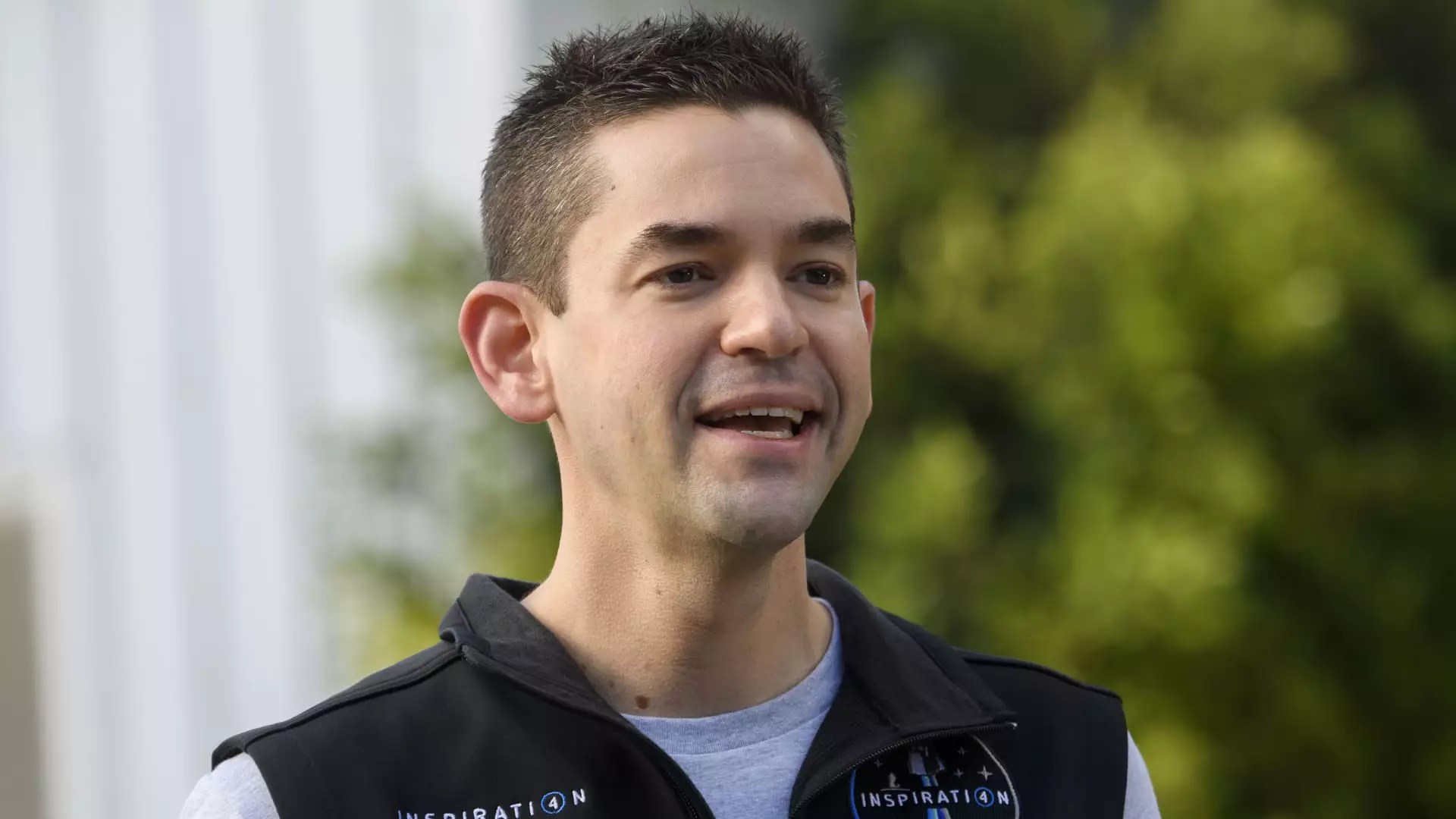The recent political escapade involving Jared Isaacman, the CEO-turned-executive chairman of Shift4 Payments, is a textbook case of the unpredictable nature of contemporary politics in America. After President Donald Trump abruptly pulled Isaacman’s nomination for a position at NASA, it stirred a myriad of reactions across the political spectrum. Isaacman expressed that his brief political foray was a “thrilling experience,” yet his sentiments mask the more sinister aspects of political favoritism and the apparent fickleness of presidential nominations. The case raises critical questions about the integrity of political selections made by those in power.
In his resignation, Isaacman characterizes his resignation as voluntary and proactive, detailing his intent to ensure a smooth transition in leadership. His narrative suggests a man of resilience and ambition, but it feels awfully reminiscent of a sacrificial pawn who finds himself at the mercy of greater geopolitical maneuvers. The sudden withdrawal hints at deeper currents at play within the Trump administration, illustrating how politics can turn personal ambitions into mere collateral damage.
The Alchemy of Donations and Associations
Trump claimed that Isaacman’s nomination was rescinded “after a thorough review of prior associations,” which ultimately leaves a cloud of speculation over the president’s motivations. While Trump hinted at Isaacman’s political donations to the Democratic party as a potential issue, the sheer vagueness of the allegations speaks volumes about the current political atmosphere. In this rapidly polarized environment, one’s financial ties can easily dictate the trajectory of a career.
Isaacman’s quick retort that he identifies as right-leaning and a supporter of Trump reinforces a grim reality: political identities are being weaponized, where associations from the past can derail futures. The notion that past financial contributions—even if they were public knowledge—should face scrutiny is unsettling, signaling a disquieting precedent where dissent may attract dire consequences. It’s commendable for Isaacman to express willingness to “do it all over again,” but such bravery should not come at the cost of potential career aspirations.
The Intricate Web of Musk’s Influence
It is nearly impossible to discuss Isaacman without mentioning Elon Musk, a figure who has undeniably shaped the events surrounding this saga. With Musk distancing himself from the Trump administration—most notably critiquing the president’s fiscal policies—one must wonder how much Isaacman’s fate is tied to Musk’s decisions. The political dance orchestrated here unveils a treacherous web of alliances and enmities that stretches far beyond personal ambition, leaving us to ponder how the powerful leverage influence to engage in political chess.
Isaacman’s acknowledgment that the “timing was much of a coincidence” raises eyebrows about whether Musk’s recent transition out of government service influenced the cancellation of Isaacman’s nomination. Are we witnessing a shift where tech giants and political titans intersect, leading to a scenario where outcomes are not strictly about qualifications or credentials, but more about the possible alliances formed behind the scenes?
A Shift in Leadership Dynamics
In this unfolding drama, the appointment of Taylor Lauber as CEO marks not just a change in leadership at Shift4 but also symbolizes the resilience of organizations amid external pressures. In an era where the corporate world frequently intertwines with politics, companies need to adapt and evolve quickly to weather unforeseen challenges.
Isaacman’s commitment to the company illustrates a dedication that runs deeper than mere ambition—it’s about fostering a robust culture that can endure external forces. His brief political entanglement should not overshadow the significant contributions of Shift4 within the financial technology sector. As effective leaders embrace change and innovation, it is crucial to remain mentally agile; a lesson that Isaacman seems to have imbibed entirely.
A Glimpse into the Future of Politics and Business
This episode serves as a blatant reminder of the complexities involved in the intersection of politics, business, and personal biases. As the dialogue around political affiliations continues to evolve, the chilling atmosphere of accountability—and at times retribution—over previous decisions emerges as a pivotal theme. As individuals navigate this treacherous landscape, we must question whether we truly understand the implications of our choices and associations.
Isaacman’s candidness about his experience might resonate as a rallying cry for those finding themselves ensnared in political crossfire, urging them to remain steadfast and adaptable. After all, the future of political engagement needs to foster an environment that genuinely values divergent viewpoints instead of stifling them through intimidation or rejection.


Leave a Reply